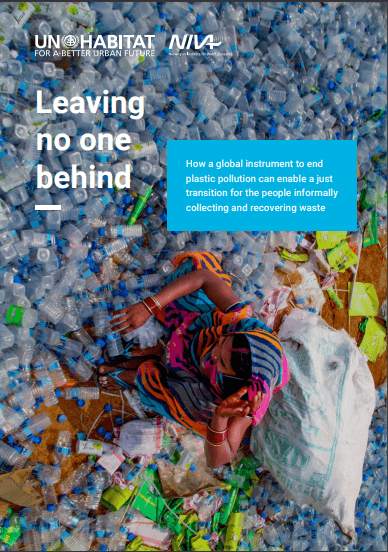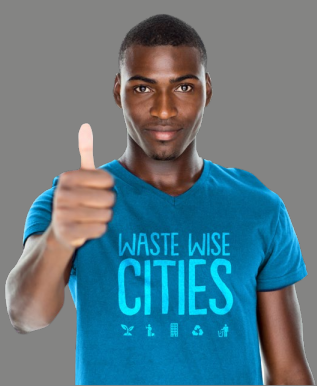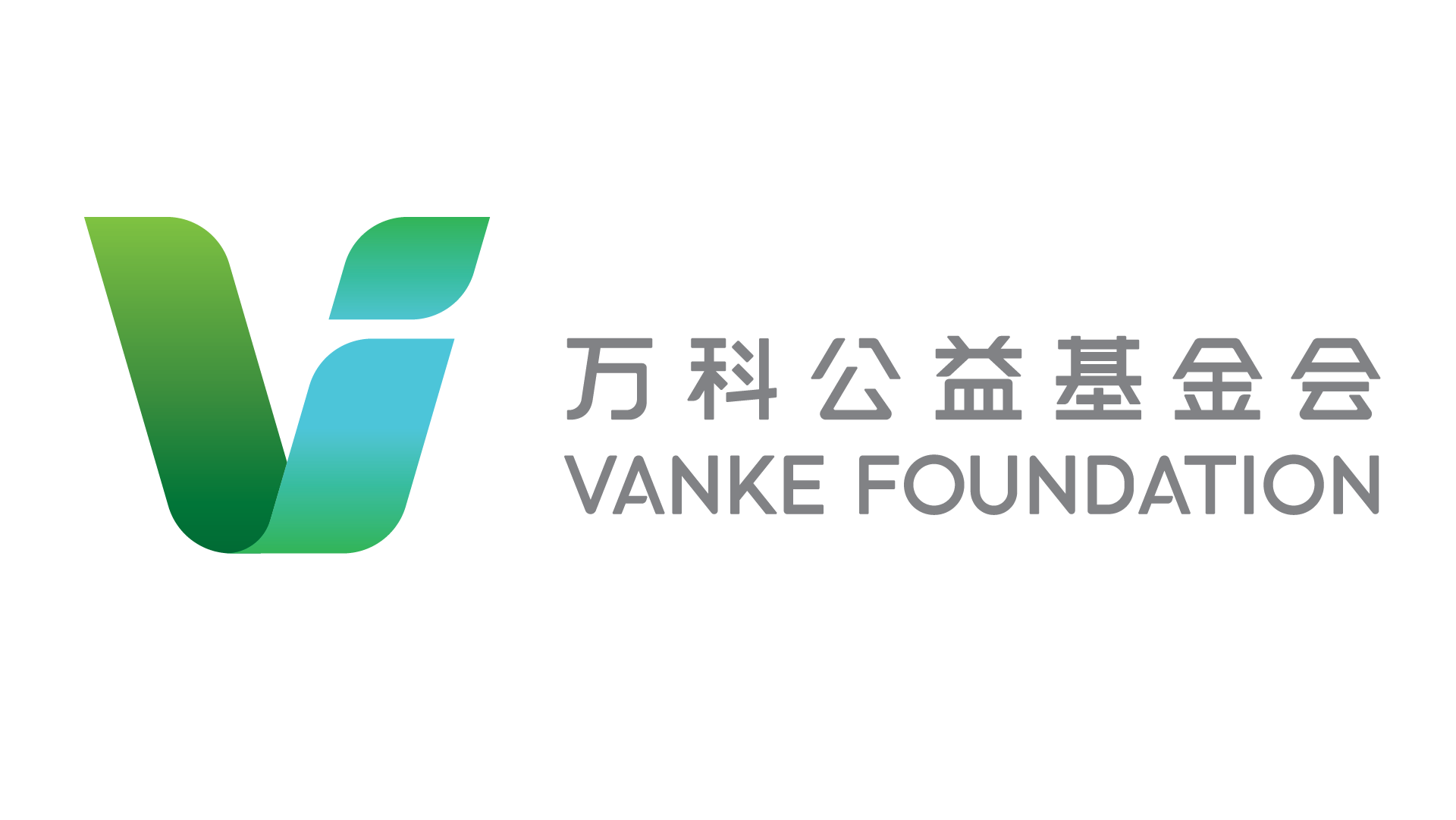To join, a city official or representative is asked to submit a “letter of intent” addressed to the Executive Director of UN-Habitat through the following e-mail WasteWiseCities@un.org.
Joining Waste Wise Cities does not imply any legal or financial obligations.


